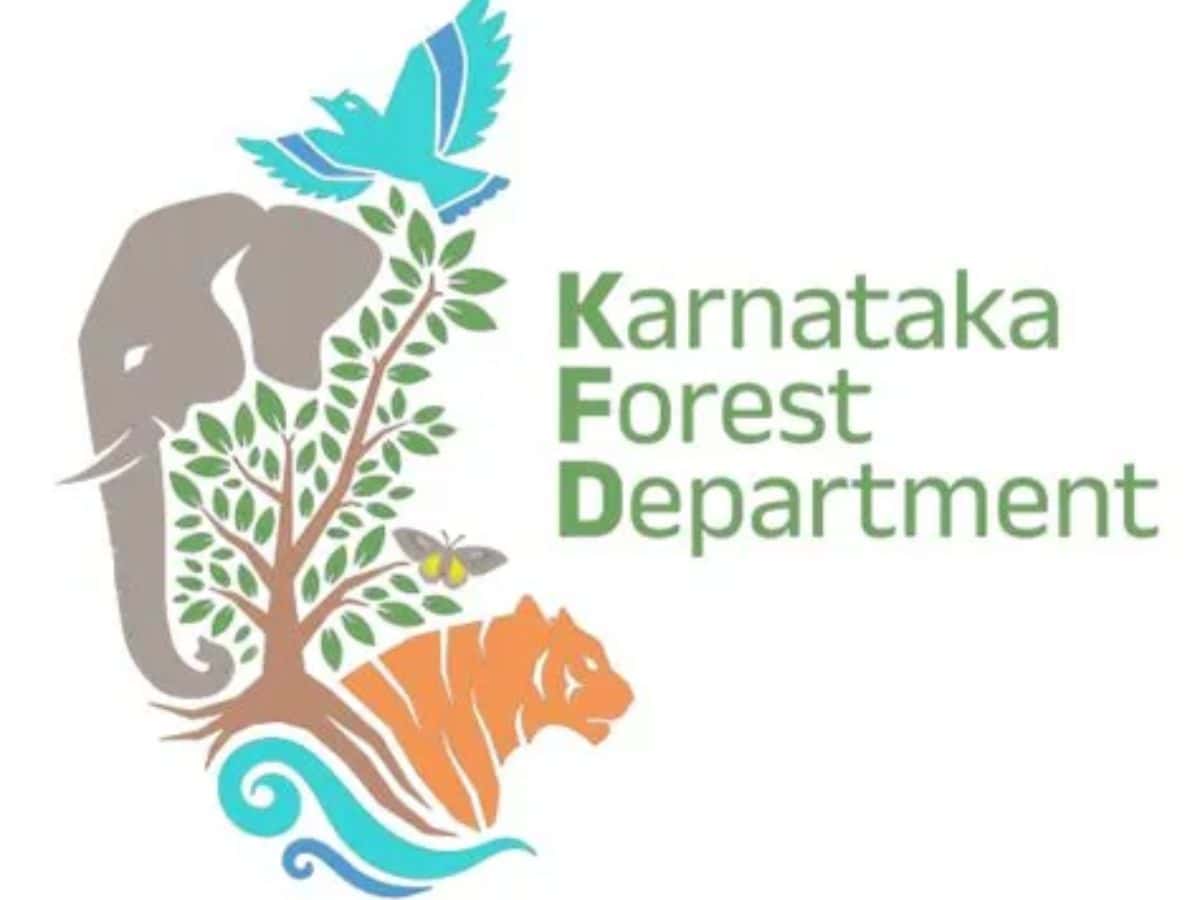
Bengaluru: In a significant move to curb the illegal possession of wildlife artefacts, the forest department issued a notification in January mandating that all illegally collected wildlife organs be handed over within three months. Despite the clear directive, only 192 applications were submitted by the end of the deadline.
The majority of the submissions came from the Bangalore City Division, which accounted for 110 of the 192 applications. The distribution of submissions across other divisions is as follows: Dharwad Division – 8, Hassan and Shimoga Wildlife Divisions – 6 each, Mysore, Tumkur, and Belgaum – 5 each, Honnavar – 4, Hunsur and Mangalore – 3 each, Bannerghatta National Park and Chitradurga – 2 each, and Bagalkote, Chikkamagaluru, Chitradurgabhadra Wildlife Division, Haveri, and Karwar – 1 each.
The forest department has implemented a thorough inspection and verification process to ensure that the submitted wildlife organs were not obtained through poaching. Designated Forest Officers and Wildlife Wardens carefully examined each submission. The organs were seized only after confirming their legality. Detailed records were maintained, including the type of animal, the specific organ, and its dimensions (length, width, weight). Additionally, the information of each organ surrendered was meticulously documented.
Among the submissions, tiger claws were the most common, particularly in the Bangalore City Division, where they constituted more than 60 per cent of the submissions. Along with tiger claws, there were also submissions of deer horns and skins. In other divisions, deer and bison horns were more prevalent than tiger claws. With the deadline now passed, the forest department has taken a firm stance. Any wildlife organ found without proper documentation, and not inherited from ancestors, will result in legal action under the Wildlife Protection Act. The department is committed to continuing its efforts to identify and seize illegally held wildlife parts, ensuring strict enforcement of wildlife conservation laws.
The forest department’s initiative underscores its dedication to wildlife conservation and the enforcement of legal frameworks designed to protect endangered species. The department plans to continue its inspections and crackdowns on illegal wildlife possession. This effort is crucial for the preservation of biodiversity and the prevention of wildlife trafficking. The department has called for public cooperation in this endeavor, urging individuals to comply with regulations and report any illegal activities related to wildlife parts. The successful collection of these organs from citizens is a step towards mitigating the adverse effects of poaching and illegal trade, contributing to the larger goal of wildlife conservation.
The forest department’s campaign to collect illegally held wildlife artefacts has yielded a modest response, with significant contributions from the Bangalore City Division. As the deadline has passed, the department remains vigilant, ready to take stringent actions against non-compliance, thereby reinforcing the importance of legal and ethical wildlife conservation practices.
